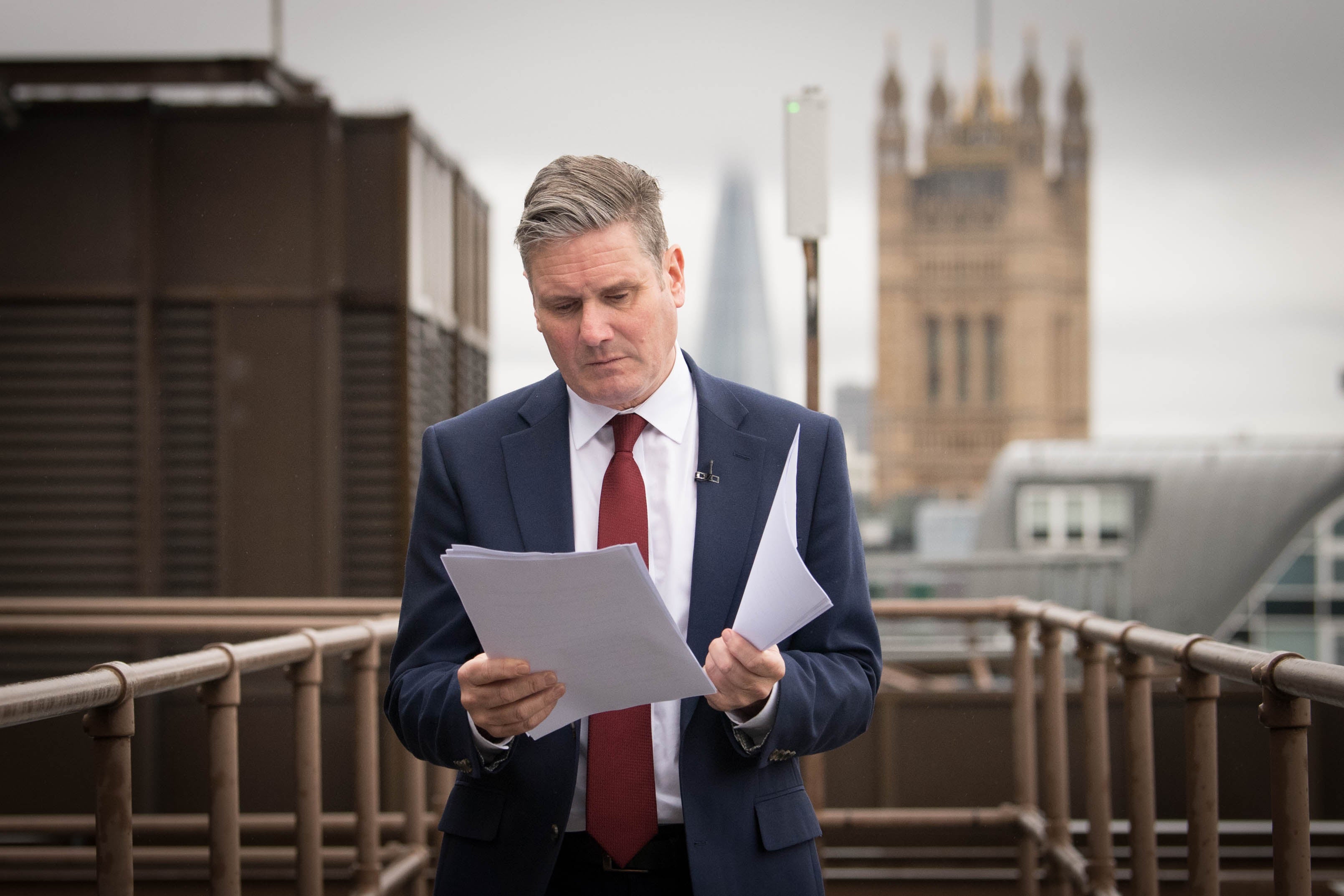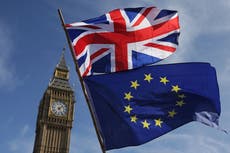The House of Commons votes on Wednesday on the trade agreement with the European Union. It will be a challenge for all parties. The bill will inevitably be passed with a huge majority; that is not an issue. It will be supported by the government, of course, and with its majority of 80 that would of itself be sufficient to ensure it passes into law. Some small numbers of the “Spartans”, that clutch of Conservative MPs who have fought against any deal with Europe, may rebel. But their stance would be symbolic and it would say more about them than about the agreement.
There will be more cohesive opposition from the Scottish National Party, who maintain their position that the entire project to leave the EU is a grave error. They have spoken strongly against the fishing element of the agreement, arguing that EU fleets will have too much access to Scottish waters. There is an obvious inconsistency here: were the UK to have remained a member, EU ships would not have lost any access at all. However, politics is not about logic; it is about emotion.
The Northern Irish parties – the DUP, the Alliance Party and the SDLP – have also signalled that they will vote against. Their arguments for doing so differ, with the DUP’s Brexit spokesperson, Sammy Wilson, insisting that they will vote against “as a point of principle and not because we supported a no deal option”.
The most difficult choice will be taken by Labour MPs. Sir Keir Starmer has confirmed that the party will back the deal, not because he regards the agreement as desirable but rather because not to have any agreement would be far worse. “A better deal could have been negotiated,” he said last week. “But I accept that option has now gone. The chance for renegotiation is over.” There will be a rebellion from several high-profile members – we don’t know how many, after pressure from the whips and a good night’s sleep – for whom the symbolism of opposing the deal is more important than party unity.
It is a difficult choice because what Labour does now will help set the tone for its opposition to the government over the next three-and-a-half years. It has to be true to itself, but it also has to make a choice between tactics and strategy. Its tactics, if it is to be an effective opposition, must be to embarrass and harry the government whenever it can. There will be plenty of scope for that. At the same time, its strategy on the crucial issue of the UK’s future relationship with Europe should surely be to build bridges with our neighbours on the other side of the Channel.
Sir Keir is right to see that supporting this piece of legislation is the first stage of that rebuilding process. The agreement has, after all, been unanimously backed by the ambassadors of all 27 member states. For Labour not to do so would signal that it does not care what those 27 countries think. Labour MPs are right to have reservations about the UK’s new relationship with the EU. The split could have been less stark. But those pondering rebellion should ponder whether such an action would improve or damage the future relationship. And they might also reflect on the fact that, one way or another, enough damage has already been done.




Join our commenting forum
Join thought-provoking conversations, follow other Independent readers and see their replies
Comments